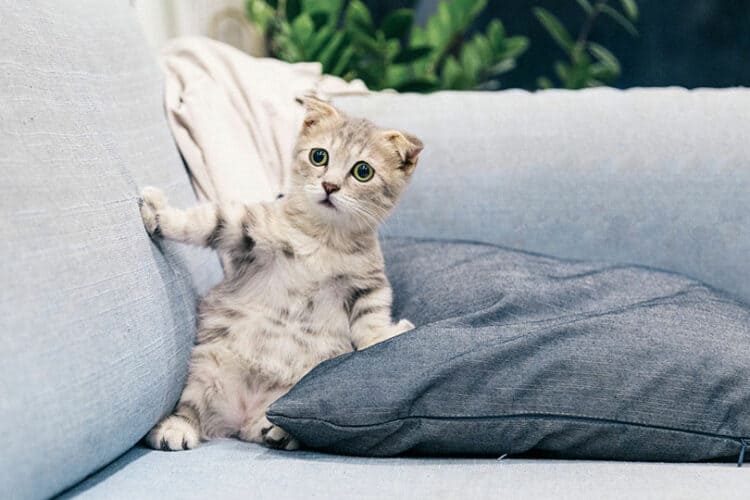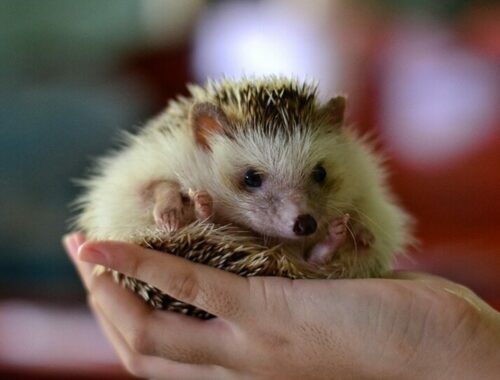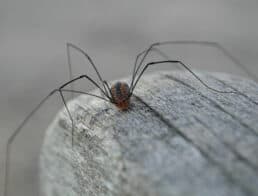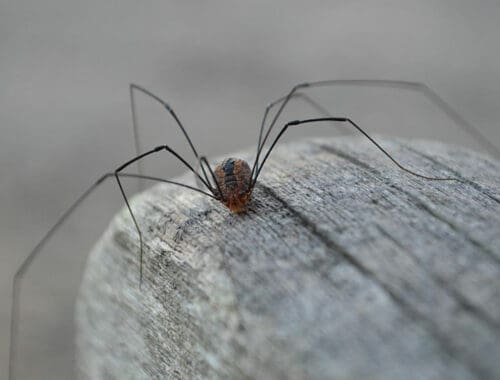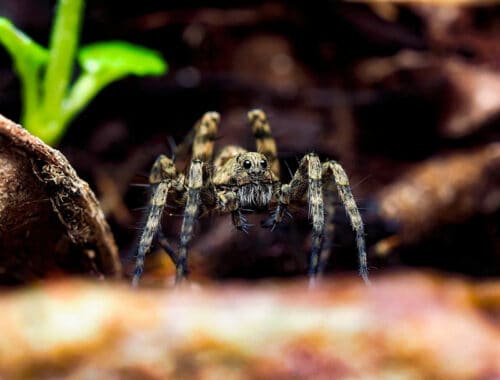Passing gas goes by many names—tooting, farting, and letting one rip—and it’s something all people and animals do, including cats. Sure, cats are graceful and sophisticated animals known for keeping themselves clean and tidy, but like any other animal, a cat can get flatulence.
While not common, cat farts do happen. This flatulence occurs in cats when too much gas builds up in the belly causing excessive gas to pass through the digestive tract before getting expelled from the body.
Do Cats Fart When They Get Scared?
If you’re wondering if cats fart when they’re scared, you should know that cats can fart if they’re scared due to anxiety. For example, if you put your cat in a carrier to take them to the vet, they may become anxious and fart because they’re not keen on the idea of going to see the vet. It’s the same way with humans. We can pass gas when we’re feeling nervous due to a rush of adrenaline.
Even though your cat can fart when scared, most cat farts happen quite randomly. When frightened, your cat may jump, let out a howl, or run away and hide. They could let out a fart too—you just never know because farting can come out of nowhere! Cats simply cannot control when they fart. They’re prone to passing gas at any given moment, just like what happens to us when we’re gassy.
Now that you know that fear can cause a cat to fart, we’ll delve a bit deeper into the world of cat flatulence, even though it’s a topic that’s not too pleasant.
Causes of Flatulence in Cats
That pretty cat of yours can pass gas now and then due to several reasons. The most common cause of a cat fart comes from an abrupt change in cat food. If you suddenly switch the brand of cat food you use or even the type of food you normally feed your cat, they can get gassy. This is why you should slowly transition to a new cat food so your cat’s system can get used to the changes whether that involves getting more fiber or a different amount of protein.
In addition to a dietary change, other things can cause your cat to fart, including:
- Intestinal parasites
- An infection
- Eating spoiled food
- Eating too quickly and swallowing air
- An overgrowth of bacteria in the small intestine
- Inflammatory bowel disease
- Cancer
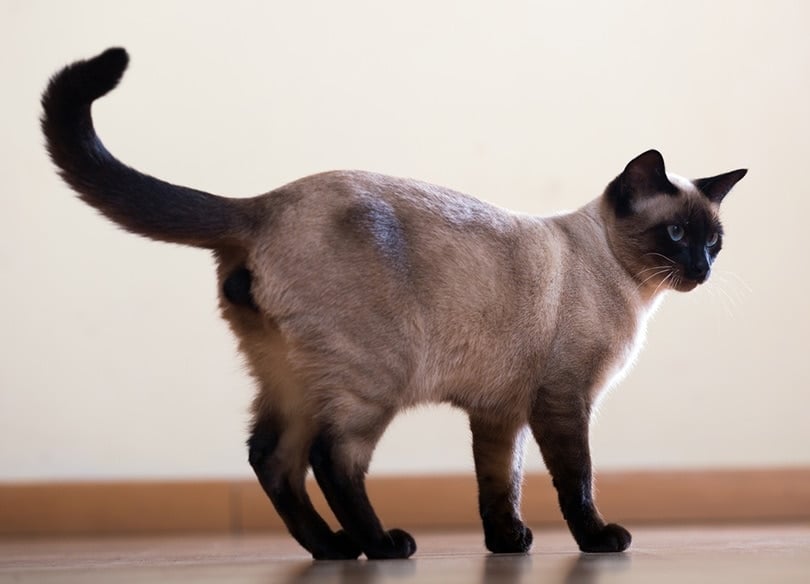
How Gas Is Diagnosed by a Vet
If your cat is farting a lot, it’s wise to contact your vet to find out what’s causing it. Your vet will likely tell you to bring your cat in for an exam. You may also be asked to bring a sample of your cat’s stool in, just in case some tests need to be run.
Once you’re at the vet’s office with your cat, your vet will ask you a few questions regarding your cat’s diet, how often your cat is farting, and any symptoms you’ve seen, like soft stools or inappropriate use of the litter box. You’ll likely also be asked if you’ve noticed any change in your cat’s activity level or your cat’s appetite.
Your vet will conduct a physical examination of your cat that will include palpating the belly to check for bloating or discomfort. If necessary, your vet will run some tests to find out what’s causing your cat’s flatulence.
The treatment for gas in cats depends on what’s causing the issue. If your vet can’t find an underlying issue and the test results didn’t determine why your cat is gassy, you may be told to switch to grain-free cat food to help with digestion or a probiotic cat supplement may be recommended—it all depends on your vet’s findings!
Conclusion
Like us, cats fart now and then, and it’s something they can’t control. While your cat can certainly let one rip when they’re scared, fear isn’t a direct cause of cat farting. It’s likely that there’s something else behind those stinky farts, so contact your vet to discover why your kitty cat is passing gas often.
Featured Image Credit: Unsplash


